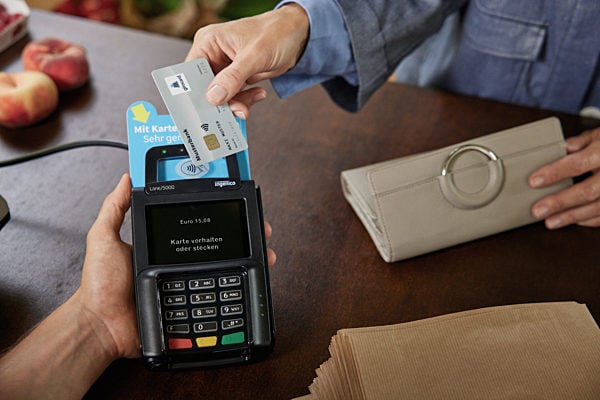Miguel Blesa, one of the figureheads of Spain's financial crisis, was found dead on Wednesday with a gunshot wound to his chest at a private hunting estate in the southern province of Cordoba.
An autopsy was carried out on Thursday at a forensics institute in Cordoba as part of an investigation into his death.
The autopsy “confirms that his death was caused by a self-inflicted firearm wound,” the regional government of Andalusia said in a statement.
Blesa, 69, was chairman of Caja Madrid from 1996 to 2009, one year before it merged with six other troubled savings banks to create Bankia.
A court in February sentenced him to six years in prison for his role in a credit card scandal at the lenders.
Caja Madrid and later Bankia gave their board members and executives credit cards that were used without control.
The court ruled that the so-called “tarjetas black” or “black cards” were used to fund a €12 million ($13.8 million) spending spree between 2003 and 2012.
Blesa was accused of setting up the scheme and was found guilty of havingmisappropriated €435,000.
READ MORE: Ex-banking chiefs handed jail sentence for embezzlement
In total 65 former staff were convicted of misappropriation of funds.
Among those who were convicted was former International Monetary Fund head Rodrigo Rato, who chaired Bankia between 2010 and 2012. He was sentenced to four-and-a-half years in prison.
Both Blesa and Rato appealed the ruling.
 Rato (L) and Blesa in court in February. Both were found guilty and sentenced to jail but were at liberty pending appeal after paying a bond. Photo: AFP
Rato (L) and Blesa in court in February. Both were found guilty and sentenced to jail but were at liberty pending appeal after paying a bond. Photo: AFP
The government was forced to partly nationalise Bankia in 2012, prompting Spain to turn to its eurozone partners for tens of millions of euros of emergency aid to rescue the financial sector.
Just before his body was found, Blesa was having breakfast with friends at the estate in Cordoba and left the table saying he had to move his car, according to Spanish media reports.
He asked his friends if they had his wife's phone number in case they needed to reach her, according to the reports which cited witnesses and unnamed sources close to the investigation into Blesa's death.
Blesa in 2013 became the first prominent banker to go behind bars since the start of Spain's financial crisis.
He was jailed as part of a probe into Caja Madrid's purchase in 2008 at an inflated price of the City National Bank of Florida, but was released a few days alter after that case was dropped.



 Please whitelist us to continue reading.
Please whitelist us to continue reading.